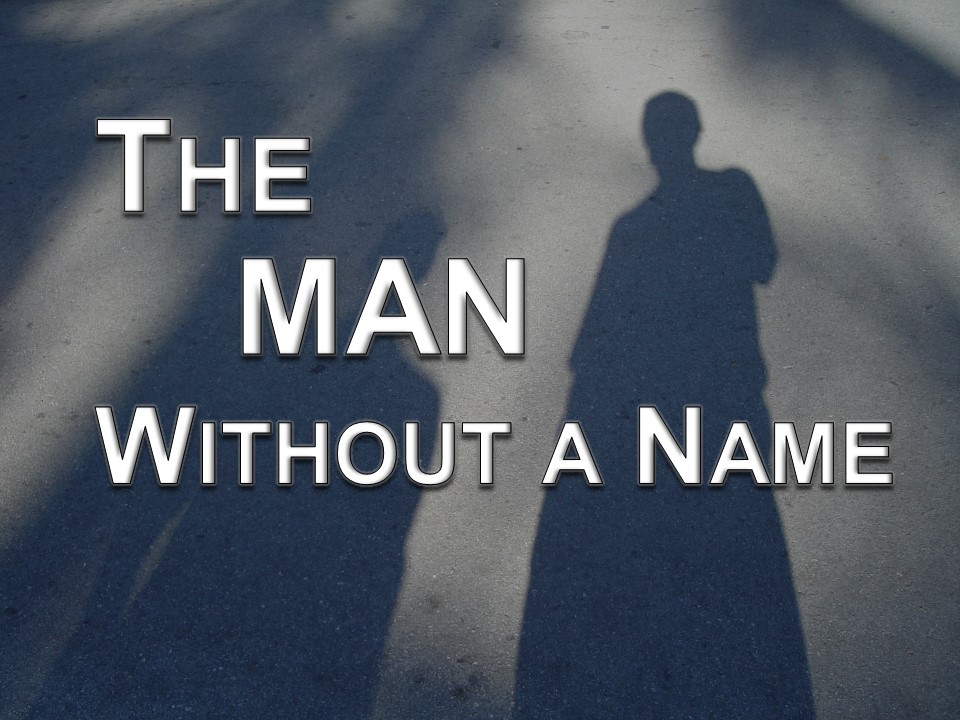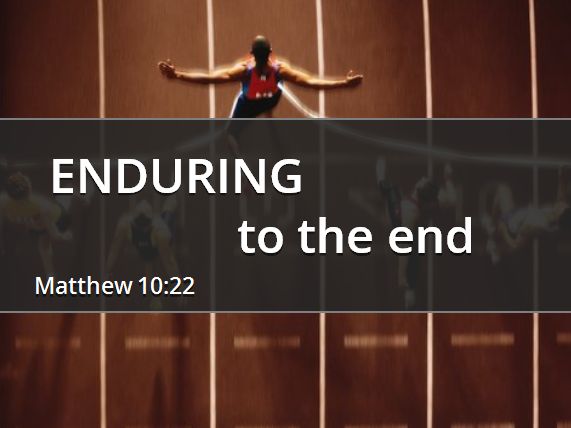The 2024 Olympics in Paris have ended, but their legacy continues. Along with the predictable highs and lows of winning and losing medals, we have been served up a feast of controversy and debauchery. Of course, this is to be expected any time the world attempts to come together to chase the elusive pipe dream of unity. We can learn a lot from the Olympics, but thought it would be fitting to focus on three primary lessons that would be helpful to all of us.
Lesson #1: The Olympics reveal the direction of society
The Olympics are supposed to be a time where the whole world comes together in unity, bonded with a mutual love of competition and sportsmanship. Of course, when so many diverse people descend on one location, they do not leave their beliefs and preferences at home. As a result, the Olympics provide a snapshot of society at the time of the event. Future generations can get an idea of what the world is like today as they comb through historical records that are contemporary to us.
For example, our children and grandchildren will know that doping was a problem in Russian sports during 2020 and 2022, because that country was banned from the Olympics for that very reason. Things were no better in 2024, as the ban continued, this time for the unpopular invasion of Ukraine.
This year, the Olympic snapshot indicates two areas that are huge topics in the world today and unfortunately indicate the depth of the “wokeness” of our society.
Snapshot #1: The opening ceremony
Every time the Olympics rolls around, the host country feels compelled to daze the world with an opening ceremony that dwarfs all those that have come before. This year was no exception. While I watched very little of it myself, I saw plenty of video clips that revealed the mentality of the organizers.
Prevalent this year were the drag queens. Yes, drag queens at a worldwide event. To make it worse (if possible), in one scene, drag queens seemed to be involved in a blasphemous reenactment of the Last Supper.
I must point out that Van Gogh’s Last Supper painting has its own theological and historical problems, but most people know at a glance what the artwork represents. Although the official news from the organizers claim that the drag queen version was a depiction of the Greek god Dionysus, one can be easily forgiven for seeing the resemblance to Van Gogh’s famous painting—so much so that the Dionysus claim carries all the characteristics of an outright lie.
I cannot help but wonder—with the goal of the Olympics being global unity, who in their right mind would knowingly disenfranchise 2/3 of the world’s major religions? Jews and Christians alike should be appalled at what they saw.
Even if (and I emphasize if) the resemblance to the Last Supper was merely an oversight, we cannot forget that they still platformed drag queens.
Think about this for a minute. A drag queen is a man dressing up like a lewd woman. This is the kind of thing that you would think your reclusive uncle who always reeked of body odor would do in the back room of his rundown house, and when you found out about it, you would force him to seek mental help.
It is ridiculous, unnatural, and evil. And, of course, it is celebrated on the world stage. While many may deem it divisive to speak out about such manifest evil, sometimes sanity must reign. The drag queen lifestyle has found its home at the intersection of moral depravity and mental insanity.
Snapshot #2: The religion of environmentalism
Paris 2024 was supposed to go down in the history books as the most sustainable Olympics ever. Good thing, because “climate change” (maybe it’s global warming…or global cooling…I don’t know–let’s just call it climate change) is apparently going to kill us all very soon.
I have read stories about cheap cardboard beds, insufficient food, and no air conditioning in the rooms. Apparently, someone thought it would be a great idea to construct buildings that did not need cooling. Turned out to be a dumb idea, but an idea that should not surprise us. Our woke influences have successfully convinced many that if they do not also worship at the altar of climate change, they are hateful and want to kill everyone (not a far cry from COVID propaganda, if you ask me).
Now let us turn to the second lesson from Paris 2024, which derives from the infamous gender controversy in the sport of women’s boxing.
Lesson #2: How to respond to controversy
The primary athlete at the center of the gender controversy in Paris is the Algerian boxer Imane Khelif. The International Boxing Association disqualified Khelif in 2023 for testing positive for XY (male) chromosomes and elevated levels of testosterone. This famously came to the forefront in Paris as a female competitor abruptly ended the match after receiving a hard punch from Khelif.
The lessons we may derive from this may be many, but I would like to focus on just a few. First, the fact that this is headline news goes right along with my previous point that the Olympics show a snapshot of society. Before we even try to determine if Kelif should be involved in women’s boxing, we might want to ask why we even have such a thing as women’s boxing. I understand that stereotypes have become socially unacceptable, but what happened to the glorification of female femininity? Our culture has successfully attempted to make men softer and women stronger.
Furthermore, this is headline news because most of us are already firmly planted on one side or the other of the gender debate. We have been forced to determine where we stand because we hear about it so much. That it would appear in the Olympics is really no surprise.
This brings us to another lesson that really has nothing to do with the gender controversy. It has more to do with my own thought process as I tried to process the controversy over Imane Khelif.
My immediate response when I heard that a female boxer had tested positive for “being a man” was to assume this was a so-called transgender situation—a man deciding to be a woman and joining up with women’s sports so he would have a chance to win.
At this point, I could have taken to social media to denounce transgenderism, railing against others who have attempted to do the same thing. However, I had to stop and ask: is that really what is going on here?
My second response was this: I am going to check this out by finding facts. Although I assumed Khelif was transgender, I could not find one reputable news source that said she had ever transitioned from a man to a woman. The truth, as far as I could tell, was that Imane was recognized as a female at birth and grew up as a female.
Somewhere along the line, though, something seems to have changed. Khelif has been diagnosed with DSD (Differences in Sex Development), in which a person manifests aspects of different genders.
This, of course, led me to my third response. If Imane was a girl that later developed male physical characteristics, I should be sympathetic. I cannot imagine the mental trauma that would come from such a thing, not to mention how one would make important life decisions. For example, if this person wants to be a boxer, should it be as a male or female? What should be the determining factor for gender? The gender designation in the passport? Whether there are male or female external body parts? Whether there are male or female internal body parts?
This brings us to my final response: We need more information. There are some things I do not know. Apparently, Imane was born looking like a female (as far as we know). Somewhere along the line something happened, but we do not know what it was or when it happened.
Some have speculated that a person with DSD may begin to develop external male parts, but we do not know about Khelif. Was there a point where Imane obviously should have been observed to be male—either at birth or puberty? If so, the ban from women’s boxing should be upheld. But there are some things we (the public) just do not know.
I want to stress here that my point is not whether Imane Khelif should be allowed to compete in women’s boxing. My point is that the Bible tells us how we are to respond when we hear a controversial matter.
He who answers a matter before he hears it, it is folly and shame to him. (Proverbs 18:13)
Always check things out or you will be shown to be a fool.
Now we come to the third lesson from the Olympics.
Lesson #3: Is it worth it?
Olympic athletes spend an enormous amount of time and money becoming the best at what they do. They basically give their whole lives to their sport. Some families have even gone into bankruptcy to get the funds for their children to train. They give up a normal life for one reason: they want a gold medal.
We might call it a sacrifice. However, for them it is not always a sacrifice. It is weighing two incompatible directions and determining which way to go.
I saw an interview with Simone Biles and Aly Raisman after they won gold and silver in the gymnastics all-around several years ago. The reporter asked Aly about the sacrifice she made to get there, and her answer was this: it wasn’t really a sacrifice because they love their sport.
When you are faced with two paths and decide to take the one that offers the reward you want, you do not necessarily think of having to sacrifice the other. You choose the path that gets you where you want to go.
This is the lesson for Christians. Sometimes we think of following Jesus as a sacrifice. We throw ourselves a pity party because we cannot have everything we want in this life.
Jesus, however, did not care much for our pity parties.
And there went great multitudes with him: and he turned, and said unto them, if any man come to me, and hate not his father, and mother, and wife, and children, and brethren, and sisters, yea, and his own life also, he cannot be my disciple. And whosoever doth not bear his cross, and come after me, cannot be my disciple. (Luke 14:25-27)
The message of Jesus is clear: if we will not be willing to forsake everything, we cannot be His disciples.
We stand at a crossroads. Two paths lie before us. On one, we can live for ourselves. We can try to have fun and gain riches of the world. At the end, we find ourselves at the displeasure of God.
On the other path, we may have to give up some of the so-called fun and riches of the world. However, at the end is the pleasure of God and the ability to truly be His disciple.
What we ultimately want will determine which path we will go on. If our goal is to be a true disciple, it’s a no-brainer. We don’t think of sacrificing the other path, because that path does not lead to where we want to go.
So, is it worth it?



